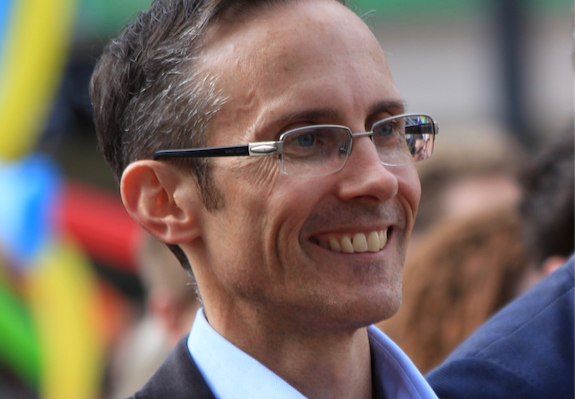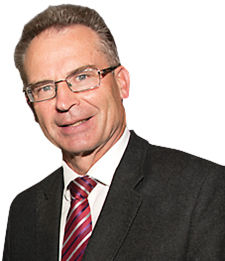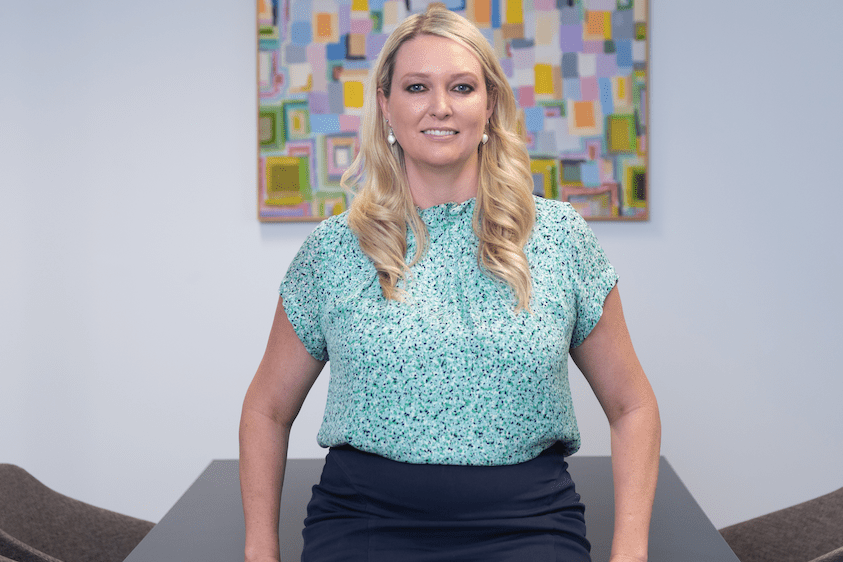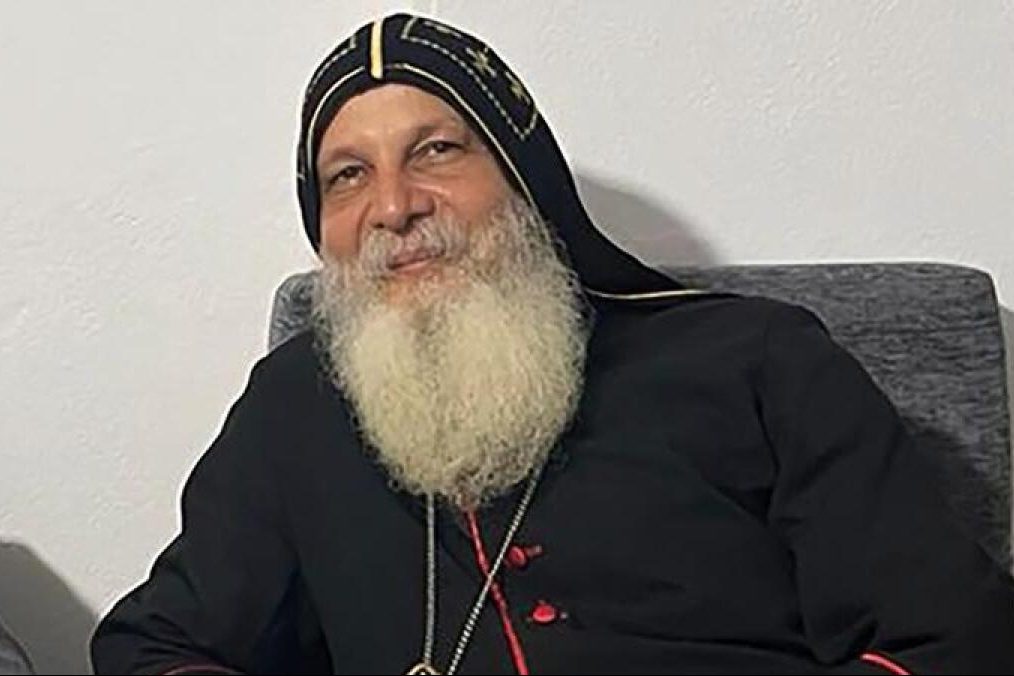
“As an ACT parliamentarian delivering a speech in the ACT, it may have been more apt for Dr Leigh to reflect on the ACT’s record in relation to the incarceration of Aboriginal peoples rather than that of WA, writes JON STANHOPE.
IT was pleasing to see Dr Andrew Leigh, the federal member for Fenner, speaking up recently about the staggering increase in incarceration rates in Australia over the last decade or so.

His comments were contained in an address he delivered on October 31 at the opening of an Australian Institute of Criminology Conference here in Canberra.
Dr Leigh is indisputably one of the most highly educated and intellectually gifted and experienced members of the Albanese government. I have known him for some time and indeed voted for him when he first sought pre-selection as an ALP candidate for the House of Representatives.
While he has been an active and engaged local member, I am frustrated, as I am sure he must be, that after more than a decade in the job he is an assistant minister only and then for Competition and Charities.
Unfortunately, as he and I and every member of the ALP in Canberra knows, he is doomed to endure that circumstance while ever he stubbornly refuses to join a faction. But I digress. Internal ALP factional machinations and the stultifying impact they have on the preselection or advancement of quality candidates is a story for another day.
Central to Dr Leigh’s conference speech was the outcome of research he published in 2020 about the increasing rate of incarceration in Australia. He described the phenomenon as “The Second Convict Age”. This is some of what Dr Leigh’s research revealed:
- In 1985, the incarceration rate in Australia was 96 prisoners per 100,000 adults. In 2020, the incarceration rate was 202 prisoners per 100,000 adults.
- The incarceration rate has more than doubled. Yet this is not because Australians have become twice as likely to commit serious crimes. In fact, the reverse is true. The crime rate in Australia for most categories of crime has been falling since the mid-’80s.
Dr Leigh also noted that excessive incarceration particularly affects First Nations people and went on to say: “The indigenous incarceration rate is now more than twice as high as when the 1991 Royal Commission into Aboriginal Deaths in Custody report was delivered.
“In WA, the indigenous incarceration rate exceeds 3.5 per cent of adults, meaning that more than one in 30 indigenous West Australian adults are currently behind bars.
“Based on available data, incarceration rates for indigenous Australians are higher than for African Americans… and indigenous people in Canada, NZ and the US.”
As I said, I am particularly pleased that Dr Leigh has drawn attention to these matters. It is a subject I’ve regularly sought to draw attention over a number of years. Indeed, I consider the rate of incarceration of Aboriginal peoples in Australia as perhaps the largest blot on us as a nation and a challenge to our perception of ourselves as a fair, just, egalitarian and compassionate country.
However, as an ACT parliamentarian delivering a speech in the ACT, it may have been more apt for Dr Leigh to reflect on the ACT’s record in relation to the incarceration of Aboriginal peoples rather than that of WA. In which case, some of what Dr Leigh would have reported is that in 2020 the crude rate of imprisonment of Aboriginal women in Canberra was 632.7 compared to a non-indigenous rate of 9.4. meaning that the ratio of Aboriginal to non-Aboriginal women incarcerated was 67.3, the highest in Australia and more than three times higher than the average ratio across all states and territories, which was 21.4.
He would also have noted that while making up 1.95 per cent of the ACT population, Aboriginal peoples constituted, on average, 23 per cent of detainees imprisoned in the AMC and further the ACT, in the preceding decade, had by far the highest increase in indigenous incarceration in Australia. The increase in the ACT was 279 per cent which was five times higher than the national increase of 59 per cent.
Notably the Productivity Commission has also reported in each of the last two years, following the publication by Dr Leigh of his research, that the ACT has supplanted WA as the jurisdiction with the highest rate ratio of indigenous incarceration in Australia.
Alarmingly the 10-year data in relation to the proportion of admissions of members of the ACT’s Aboriginal community to the justice system reveal an increasing trend with an annual increase of 5.7 per cent opposed to an increase of 2.9 per cent in non-indigenous admissions.
Capping off the distressing outcomes experienced by the Aboriginal community of Canberra in relation to contact with the criminal justice system the Australian Bureau of Statistics’ most recent report on rates of recidivism reveals that 94 per cent of Aboriginal detainees at the AMC have a prior conviction.
I, for one, would be very interested in learning whether Dr Leigh has explored the possible reasons that the ACT, a largely middle-class, educated and proudly progressive community with the self-declared most progressive government in Australia, locks up Aboriginal peoples, both men and women, at a higher rate than possibly any other place not just in Australia but in the world.
Jon Stanhope was ACT chief minister from 2001 to 2011 and the only chief minister to have governed with a majority in the Assembly. Read more of his columns on citynews.com.au
Who can be trusted?
In a world of spin and confusion, there’s never been a more important time to support independent journalism in Canberra.
If you trust our work online and want to enforce the power of independent voices, I invite you to make a small contribution.
Every dollar of support is invested back into our journalism to help keep citynews.com.au strong and free.
Thank you,
Ian Meikle, editor




Leave a Reply